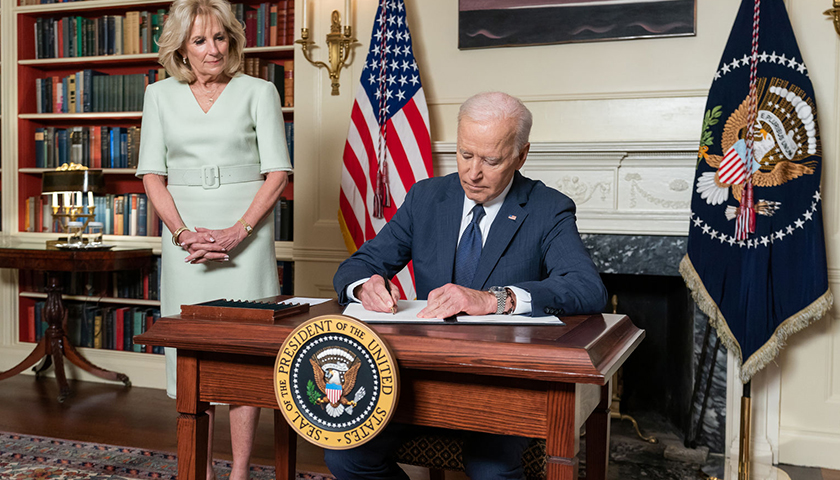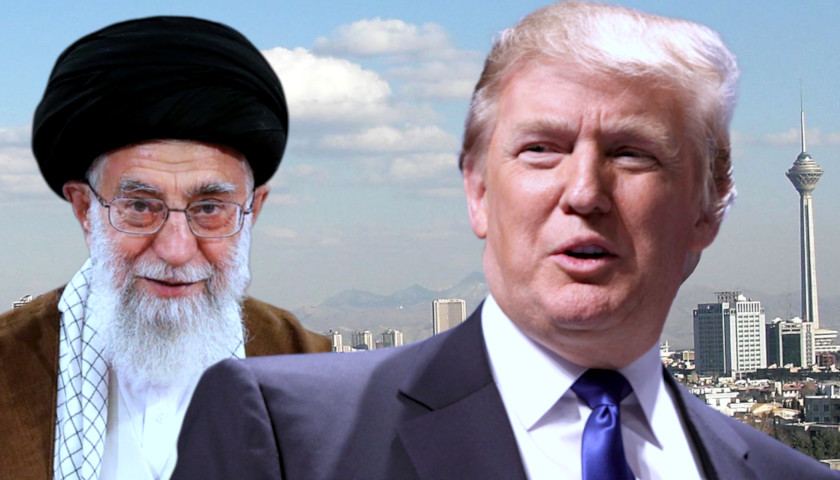Arizona State House Speaker Ben Toma (R-Peoria) announced Thursday the formation of the House Committee on International Trade to help improve Arizona’s economic footprint.
“Trade is essential to Arizona’s success,” said Toma. “It fuels our state’s economic growth, generating business and job opportunities – all which is also critical for the prosperity of Arizona families. Our state has tremendous opportunity to grow our trade footprint with international partners, and that is the intention behind this new committee.”
Read the full story




